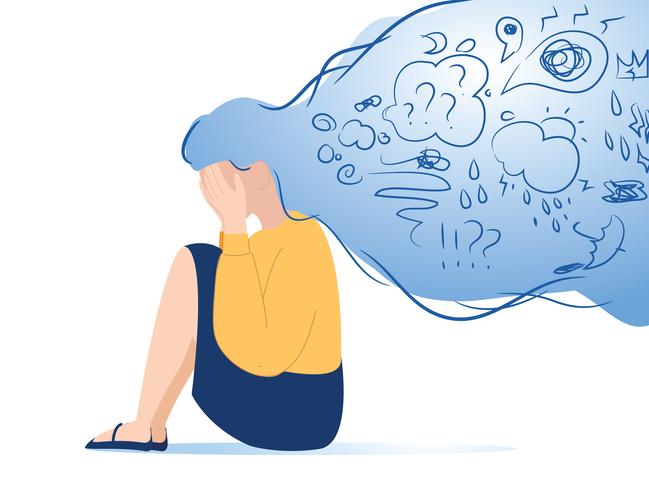Talking Point: Awareness is surging, yet we’re not hearing from family violence victims
ALINA THOMAS: We have an opportunity now to hear from survivors

Opinion
Don't miss out on the headlines from Opinion. Followed categories will be added to My News.
Unlike many community groups, women who have experienced violence and abuse are not included in activities and partnerships that recognise and value their expertise.
The voices, views, wants and ideas of these women are often missing from the high level decision-making on family and sexual violence. They are also missing from public discussion about violence against women.
The recent increase in awareness of family violence and sexual assault in Tasmania shows the need and therefore opportunity, to have people with lived experience speak out in public spaces and represent their experience how they see it. This approach is recognised as best practice in other community groups (people with disabilities, people with mental health challenges, people living with HIV, for example) but is remarkably undervalued for people with experience of family violence and sexual assault.
Engender Equality meets many survivors of gender-based violence who passionately want to share their insights into abuse, the gaps in the system and their ideas of what can make services safer for women and children. Engender Equality is also observing the rollout of sophisticated and highly valuable family violence strategies at both the federal and state level however, these strategies are compromised by the lack of consultation with the affected communities.
Mechanisms for consultation and engagement that values experience is long overdue. An essential part of ensuring that services are successfully delivered are the support mechanisms that include sharing valuable insights from the lived experience perspective.
Only then can we see the whole of the issue.
Engender Equality has seen that when women with lived experience of family violence have space to consolidate, integrate trauma into their lives and reclaim their sovereignty, they emerge as determined, dedicated, resilient and highly inspirational individuals.
Valuing and engaging survivors of family and sexual assault is one of the most powerful change-tools that we have to. Beyond immediate benefits of representation, there are many flow on effects.
Self-representation and self-advocacy restores authority to victims/survivors by positioning them as the expert in their experience. This is a powerful tool for people who experience stigma and social exclusion.
Victim/survivors telling their stories in public reduces the stigma and discrimination of violence and abuse, and enables others to come forward to report abuse or assault and seek services and justice interventions. Often after advocates tell their stories in the media and at events, it provides the push for other people to talk about their situation and get help.
There is no substitute for the expertise that lived experience advocates have as authorities on gender, criminality, policy and other issues that relate to the response and prevention of gender-based violence.
Broadcasting survivors’ stories holds perpetrators to account. Any mechanism that protects perpetrators for being accountable (especially the lack of survivor voices/stories) needs to be challenged. The responsibility needs to shift to the people who are perpetrating abuse.
These create long-lasting ripples that influence community attitudes towards domestic and family violence and sexual assault.
Meaningful and broad involvement includes valuing their contribution as service users and as citizens. To do this, pathways for survivors to follow are necessary. This means journalists and media outlets need to source the opinion of victim/survivor advocates and support programs need to be available to help them in what can be harrowing and deeply personal exercise.
Engender Equality works within a trauma-informed framework to deliver services to people who have experienced family violence and abuse. It supports people who have experienced family and sexual violence via a program called Advocates for Change. If you would like more information about this group, please contact us via the Engender website.
Engender Equality prides itself in the expertise our staff hold in the area of gender-based violence and elevating the voice of survivors. It has 33 years of experience in designing, implementing, and evaluating award-winning research and wellbeing projects. Engender Equality advocates for systemic change to gender inequality and violence against women. Since its inception, it has been committed to raising awareness of family violence and addressing the drivers of violence against women.
If you need support please call 1800 608 122 or 1800 RESPECT
Alina Thomas is chief executive of Engender Equality www.engenderequality.org.au, which provides counselling to people of all genders who have experienced family violence.


